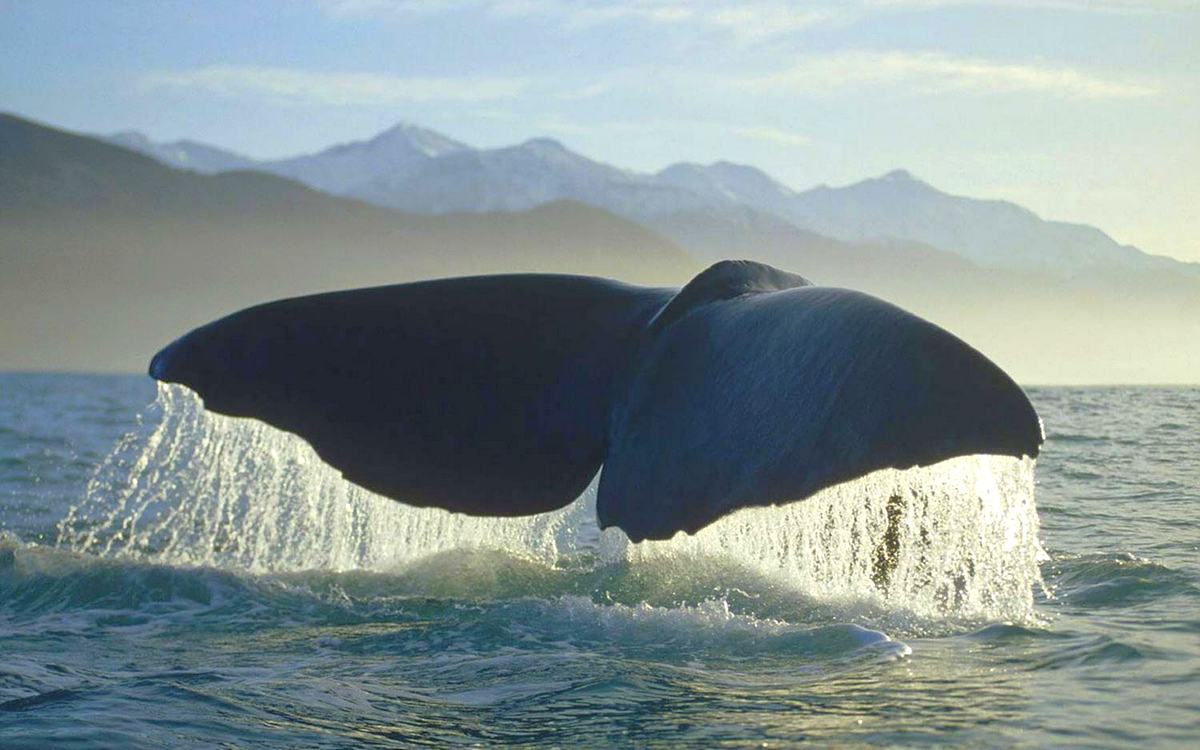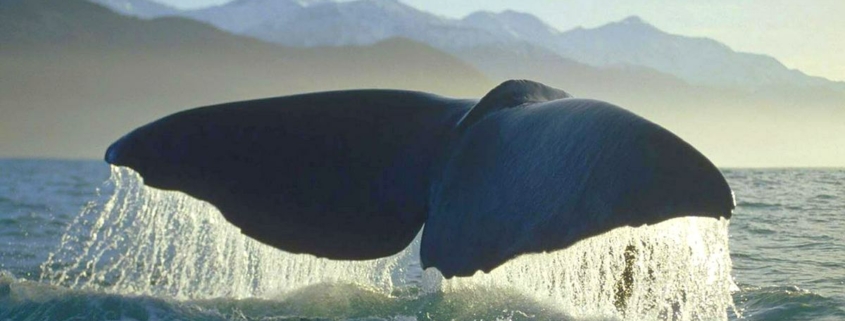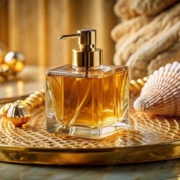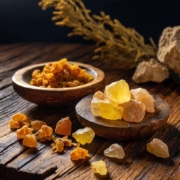Is Ambergris still used in Perfumery?

Ambergris, a waxy substance produced in the digestive system of sperm whales, remains a rare and valuable ingredient in the world of high-end perfumery. However, its use has significantly declined due to ethical and environmental concerns. Today, synthetic alternatives that (poorly) mimic the scent profile of natural ambergris are widely used, making genuine ambergris a rare find in modern fragrances.
Table of contents
-
A Brief History of Ambergris in Perfumery
-
Environmental Concerns
-
Ethical Implications of Ambergris Sourcing
-
La Via del Profumo Ethical Stance
-
The Process of Sourcing Ambergris
-
Conclusions
A Brief History of Ambergris in Perfumery
Ambergris has a fascinating history in the realm of fragrance:
- Ancient Times: Known for its unique fragrance and fixative properties, ambergris was highly prized.
- Renaissance and Age of Discovery: Its use became more prominent in European perfumes, and it was celebrated for enhancing and fixing the scents of other ingredients.
- “Floating Gold”: Due to its scarcity and high value, ambergris was dubbed “floating gold”. It was not only a treasured component in perfumes but also a symbol of wealth.
- 20th Century Decline: High price, masked as environmental and ethical concerns, led to reduced usage, though it still finds a place in very few luxury natural perfumes today, like those of La Via del Profumo.
Environmental Concerns
The primary environmental issue with using ambergris is its source—sperm whales:
- Production: Ambergris is naturally produced in the digestive system of these whales, either found washed ashore or through whale hunting.
- Whaling: Hunting whales is controversial and highly regulated due to its impact on whale populations and marine ecosystems.
- Conservation Status: Sperm whales are listed as vulnerable on the IUCN Red List, and hunting them for ambergris is illegal in many countries.
Ethical Implications of Ambergris Sourcing
The ethical implications of ambergris sourcing extend beyond mere legality; they encompass broader questions about environmental stewardship, animal welfare, and consumer responsibility. First and foremost, the reliance on naturally regurgitated ambergris rather than harvested specimens underscores a commitment to preserving whale populations and marine ecosystems. The practice of sourcing ambergris ethically serves as a case study of how luxury industries can balance the demands of consumers with the necessity of protecting endangered species.
Furthermore, transparency in sourcing practices enhances brand accountability, allowing consumers to align their purchasing decisions with their values. Brands that prioritize ethical sourcing not only foster consumer trust but also educate their clientele on the importance of sustainability. This moral stance encourages a shift in the fragrance industry toward greater responsibility, where selecting high-quality ingredients does not come at the cost of environmental degradation or harm to animal species. Additionally, as consumers become more discerning about the products they buy, there is a growing expectation for brands to demonstrate a commitment to ethical practices, leading to a potential re-evaluation of long-standing values in perfumery. Ultimately, the ethical discourse surrounding ambergris highlights the imperative for industries to evolve in ways that reflect a conscientious approach to sourcing and conservation.
Certified “flottè” ambergris is highly sought after and priced, confirming that the product was ethically sourced from floating material rather than acquired through hunting or harming whales.
We invite perfume lovers to verify if the Ambergris contained in the perfumes they wish to purchase is certified “flottè”.
La Via del Profumo Ethical Stance
Brands and perfumers like La Via del Profumo, who choose to use real ambergris, take specific ethical stances:
- Natural Regurgitation: Authentic ambergris is obtained from naturally regurgitated substances, not from killing or harming whales.
- Certification: The ambergris used is certified “flottè”, meaning it is collected from floating sources, ensuring the safety of sperm whales.
- International Trade: While there are no international restrictions on the import and export of ambergris, except in New Zealand, it’s crucial to adhere to ethical sourcing practices.
The Process of Sourcing Ambergris
Sourcing ambergris involves a meticulous and responsible approach, reflecting the rarity and complexity associated with this unique substance. The primary step in the sourcing process is the identification of naturally occurring ambergris, which typically floats on ocean waters or washes ashore. However, the exact origins of this material remain somewhat mysterious; it is produced in the intestines of sperm whales, yet researchers are still exploring the specific conditions that prompt its formation.
Once found, the collection of ambergris must adhere to ethical guidelines. Ethical sourcing is paramount, as brands must ensure that the ambergris is collected from naturally regurgitated sources, negating any harm to the whale populations.
Whale hunting is nothing new, but many might be surprised to learn it is still legal in three countries. The practice has existed for millennia, and the intensification of whaling brought devastating impacts. Three million whales were killed in the 20th century alone, and the widespread hunting of whales pushed some species to the edge of extinction.
While some species like the humpback whale have at least partially recovered with the help of protections, others are still struggling. Fewer than 340 North Atlantic right whales remain in the sea.
Today, whaling is prohibited by most countries around the world — but not everywhere. Three nations continue to hunt whales commercially, despite disappearing demand for whale meat and opposition from environmentalists and animal advocates. Here’s what you need to know about the declining whale industry, why it still exists — and the movement to stop whale hunting.
Due to the International Whaling Commission’s moratorium on commercial whaling, the hunting of whales is illegal in most of the world. But as mentioned previously, three nations — Japan, Norway and Iceland — reject the ban and continue with large-scale whaling operations. (Source sentientmedia.org)
Additionally, transparency in sourcing practices is crucial. Brands often provide traceability information regarding the ambergris they use, sharing details about its origin, the collection process, and the certification that verifies its ethical status. This practice not only fosters consumer trust but also aligns with the growing demand for sustainable and ethically sourced ingredients in the luxury fragrance market. As such, consumers are encouraged to inquire about the sourcing practices of their chosen brands and support those dedicated to responsible and humane practices. Through conscientious sourcing, the legacy of ambergris can be preserved while safeguarding marine life.
Conclusion
While ambergris is not as commonly used in modern perfumery as once, it remains a treasured ingredient in specific luxury natural fragrances. For those who seek the authenticity of natural ambergris, it’s essential to support brands that adhere to ethical and sustainable sourcing practices.
























Leave a Reply
Want to join the discussion?Feel free to contribute!